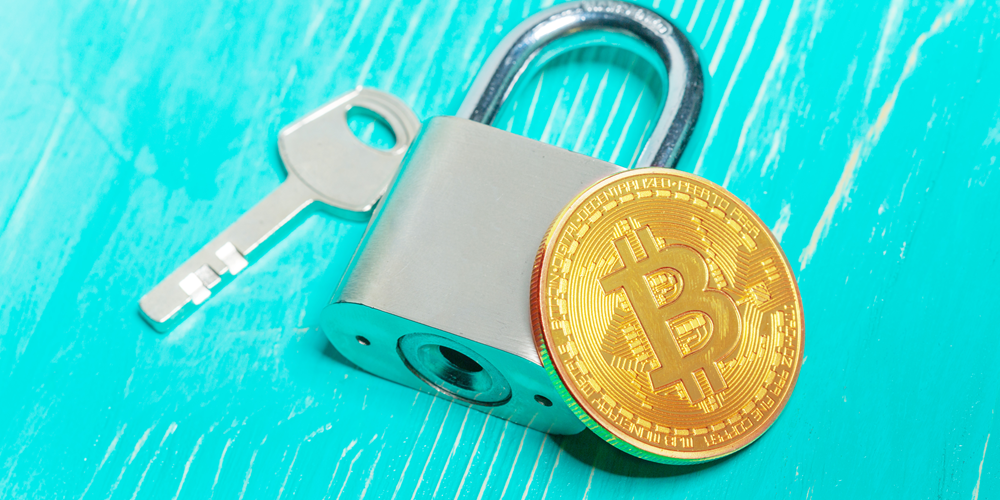
As cryptocurrencies continue to gain popularity, securing your digital assets becomes increasingly important. Unlike traditional currencies, cryptocurrencies are decentralized and often come with unique security challenges. This article provides a comprehensive guide to best practices for safeguarding your cryptocurrency investments.
Use Strong, Unique Passwords
One of the fundamental steps in securing your cryptocurrency is to use strong, unique passwords for your wallets and accounts. Avoid using easily guessable passwords or the same password across multiple platforms. A strong password should include a mix of uppercase and lowercase letters, numbers, and special characters. Consider using a reputable password manager to generate and store complex passwords securely.
Enable Two-Factor Authentication (2FA)
Two-factor authentication (2FA) adds an extra layer of security to your accounts by requiring a second form of verification in addition to your password. This could be a code sent to your phone or generated by an authentication app. Enabling 2FA significantly reduces the risk of unauthorized access, even if your password is compromised.
Use Hardware Wallets
Hardware wallets are physical devices that securely store your cryptocurrency offline. They are considered one of the safest ways to store digital assets because they are not connected to the internet, making them less vulnerable to hacking. Popular hardware wallets include Ledger and Trezor. Always purchase hardware wallets directly from the manufacturer to avoid tampered devices.
Keep Your Software Updated
Regularly updating your software is crucial for maintaining security. This includes your wallet software, operating system, and any applications you use for trading or managing your cryptocurrency. Software updates often include important security patches that protect against newly discovered vulnerabilities.
Backup Your Wallet
Creating backups of your cryptocurrency wallet is essential. In the event of hardware failure, accidental deletion, or loss of access, a backup can help you recover your funds. Store backups in multiple secure locations, such as an encrypted USB drive or a secure cloud storage service. Ensure that your backup method is reliable and tested.
Beware of Phishing Attacks
Phishing attacks are attempts by malicious actors to trick you into revealing sensitive information, such as passwords or private keys, by masquerading as a trustworthy entity. Be cautious of emails, messages, or websites that request your private information. Always verify the legitimacy of the source before providing any details. Use bookmarks to access frequently used websites to avoid phishing sites.
Use Secure Internet Connections
Avoid accessing your cryptocurrency accounts over public Wi-Fi networks, which can be insecure and susceptible to eavesdropping. Use a virtual private network (VPN) to encrypt your internet connection when accessing your accounts from different locations. This adds an extra layer of protection against potential attackers.
Keep Your Private Keys Private
Your private keys are the most important part of your cryptocurrency security. Never share your private keys with anyone and avoid storing them online. If someone gains access to your private keys, they can control your cryptocurrency. Store your private keys in a secure location, such as a hardware wallet or a piece of paper kept in a safe place.
Monitor Your Accounts Regularly
Regularly monitoring your cryptocurrency accounts helps you detect any suspicious activity early. Set up alerts for transactions and check your account balances frequently. Promptly report any unauthorized transactions to your wallet provider or exchange and take immediate steps to secure your accounts.
Educate Yourself Continually
The cryptocurrency landscape is constantly evolving, and staying informed about the latest security practices is crucial. Follow reputable sources of information, join cryptocurrency communities, and participate in forums to stay updated on emerging threats and best practices.
Securing your cryptocurrency requires a combination of strong passwords, two-factor authentication, hardware wallets, regular software updates, backups, vigilance against phishing attacks, secure internet practices, careful handling of private keys, and continuous education. By implementing these best practices, you can significantly reduce the risk of losing your digital assets to cyber threats. Remember, in the world of cryptocurrency, security is paramount.
